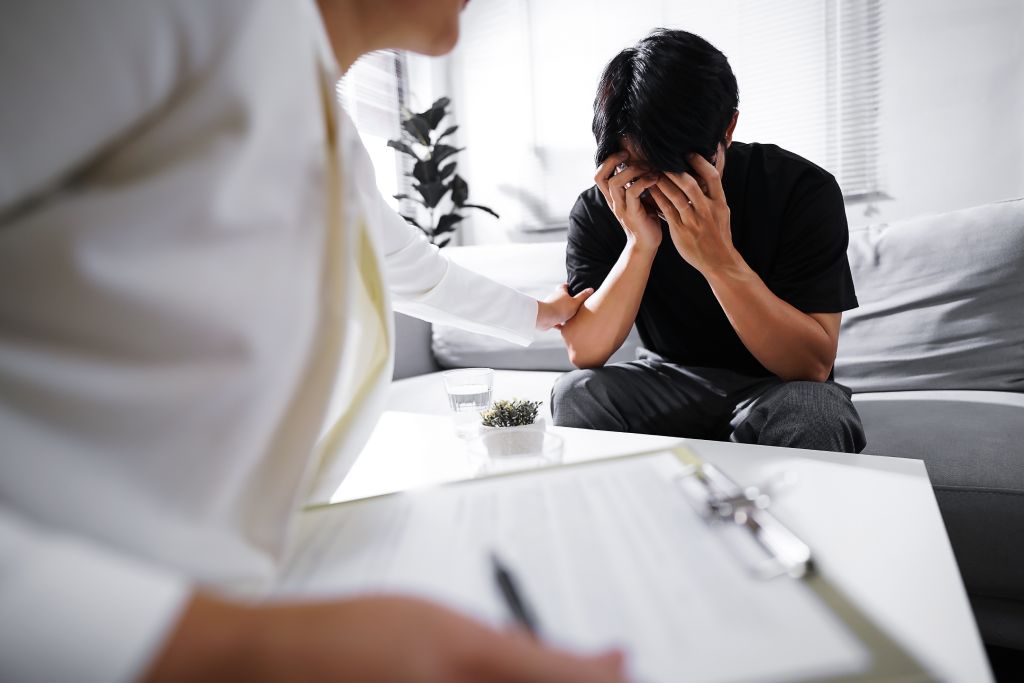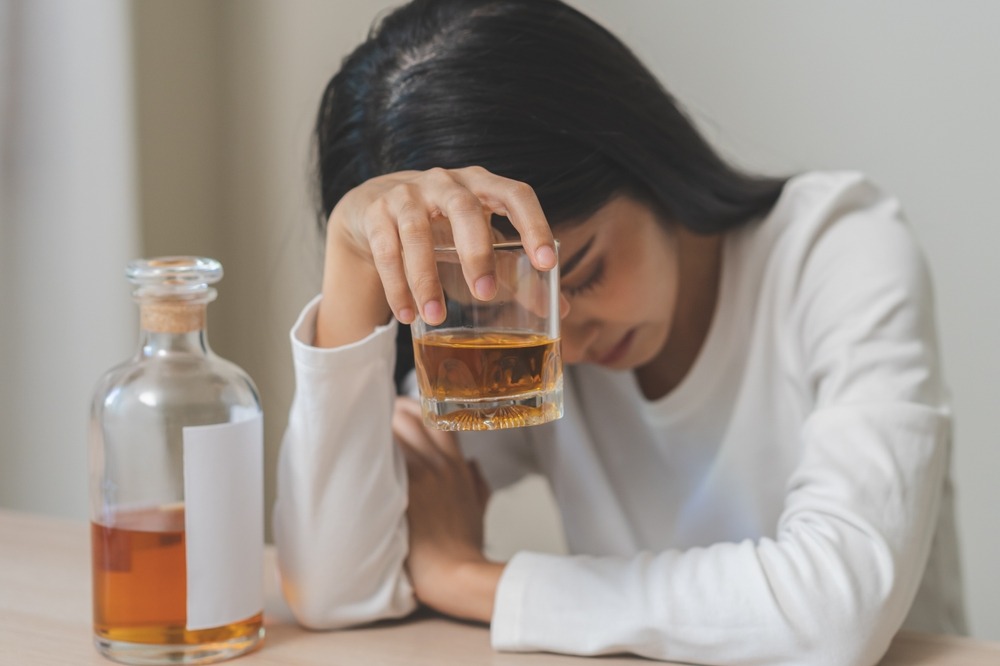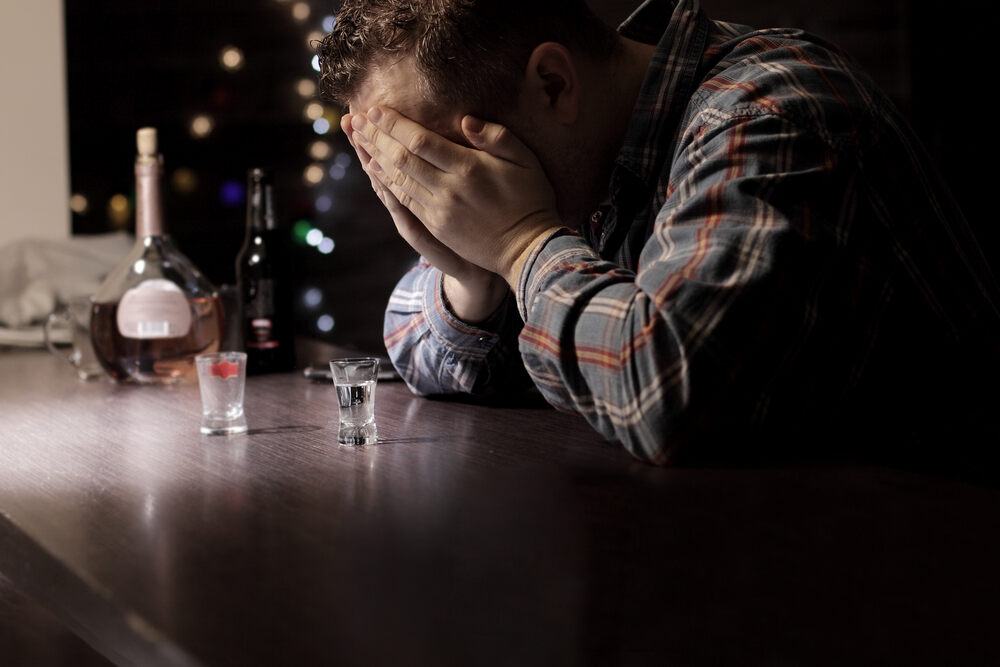Table of Contents
TL;DR:
- Guilt and shame are common challenges in recovery from addiction, often made worse by past actions and societal stigma.
- Unresolved guilt and shame can lead to self-sabotage, isolation, and relapse, making recovery harder.
- Strategies like therapy, self-compassion, forgiveness, and healthy coping mechanisms can help manage these emotions.
- Getting professional help from treatment centers like Infinite Recovery is crucial for overcoming addiction and addressing these complex emotions.
Recovery from addiction can be tough, with unexpected challenges along the way. Two of the biggest hurdles are the deeply ingrained feelings of guilt and shame.
Research from PubMed Central shows that people dealing with substance use disorders (SUDs) often feel these emotions more intensely than those without SUDs. These emotions can weigh you down, making it harder to move forward and even pulling you back toward old habits.
If you’re working through recovery, it’s important to know that you’re not alone in this. Guilt and shame in recovery are common, but they don’t have to control your journey.
In this blog, we’ll explore what these emotions are, how they affect recovery, and, most importantly, how you can manage them to support lasting healing and growth.
Understanding Guilt and Shame in Recovery
Shame and guilt in recovery are distinct emotions that can significantly impact the recovery process. Let’s break them down:
Guilt
Guilt is that nagging feeling that you’ve messed up or done something wrong. It’s usually connected to specific things you’ve done, like the harm caused to yourself or others during active addiction.
While guilt can push you to make positive changes, it can also weigh you down if you don’t deal with it.
Shame
Shame is a deeper feeling that goes beyond guilt. It’s the sense that there’s something wrong with you at your core, making you feel bad or flawed as a person. This can hit your self-worth hard and leave you feeling isolated and unworthy.
Shame can be particularly complicated in recovery because it can shake your belief in your ability to change and grow. The link between addiction and shame is strong, often creating a tough cycle that’s hard to break.
How Addiction Fuels Guilt and Shame
Addiction often sets the stage for guilt and shame to take hold. The choices made under the influence, the broken promises, and the strained relationships can leave deep scars. Even in recovery, memories of past actions can trigger intense feelings of guilt.
On top of that, the stigma around addiction can cause deep shame, making people feel flawed or unworthy of recovery.
It’s important to remember that addiction is a complex disease, not a moral failing.
While it’s essential to acknowledge the harm caused, it’s equally important to separate your actions from your inherent worth. You are not your addiction, and you deserve the opportunity to heal and rebuild your life.
The Impact of Shame and Guilt on Recovery
Unresolved shame and guilt can significantly hinder recovery, leading to self-sabotage, isolation, negative self-talk, and emotional distress. These feelings can make you more likely to relapse because the weight of shame and guilt can trigger cravings and the urge to escape through drugs or alcohol.
However, relapsing only makes the cycle of shame and guilt even worse, making it harder to break free.
Recognizing the impact of these emotions and actively working on them is crucial for staying on track in recovery.
Strategies for Dealing with Guilt and Shame
While guilt and shame can feel overwhelming, there are effective strategies to help you navigate these emotions, fight the stigma, and foster healing in recovery.
Dealing with shame in addiction recovery is an ongoing process, but with the right tools, you can reclaim your self-worth and move forward.
Therapy and Counseling
Therapy provides a safe and supportive space to explore the root causes of your shame and guilt. A therapist can help you identify:
- Unhealthy thought patterns
- Develop coping mechanisms
- Encourage self-compassion
Group therapy can be especially beneficial, offering a community of individuals who understand the unique challenges of shame and addiction. Sharing experiences and receiving support from others can be incredibly empowering and help reduce feelings of isolation.
Self-Compassion and Mindfulness
Self-compassion is about treating yourself with the same kindness and understanding you’d give a close friend. It means accepting your struggles without harsh judgment and realizing that everyone makes mistakes.
Mindfulness, which is all about being present in the moment, helps you notice your thoughts and feelings without getting overwhelmed by them.
When you combine these practices, they can help you:
- Make peace with your past
- Build self-acceptance
- Move forward with more clarity and strength
You can gain self-compassion and mindfulness through spiritual therapy and practices like meditation and journaling.
Forgiveness
Forgiving yourself and others is a key part of healing from shame and guilt in recovery. Holding onto resentment and anger only perpetuates the cycle of negativity.
Forgiving doesn’t mean you’re okay with what happened; it just means you’re letting go of its grip on you. This allows you to create space for positive emotions and experiences, helping you find emotional freedom and peace.
Healthy Coping Mechanisms
Replacing unhealthy coping mechanisms from addiction with healthier ones is essential for long-term recovery.
Get into activities like exercise, meditation, creative hobbies, or spending time in nature. This can help you manage emotions, lower stress, and improve your overall well-being. These positive outlets provide a sense of accomplishment and joy, helping you build a fulfilling life beyond addiction.
Find Hope and Healing at Infinite Recovery
If you or someone you care about is dealing with addiction and the feelings of guilt and shame that come with it, contact Infinite Recovery today.
Professional support can give you the tools and strategies you need to effectively address these emotions and start building a fulfilling, sober life.
We offer a wide range of treatment options designed to fit your unique needs, giving you the support and guidance needed to overcome addiction and reclaim your life. Don’t let shame and guilt hold you back any longer.

















